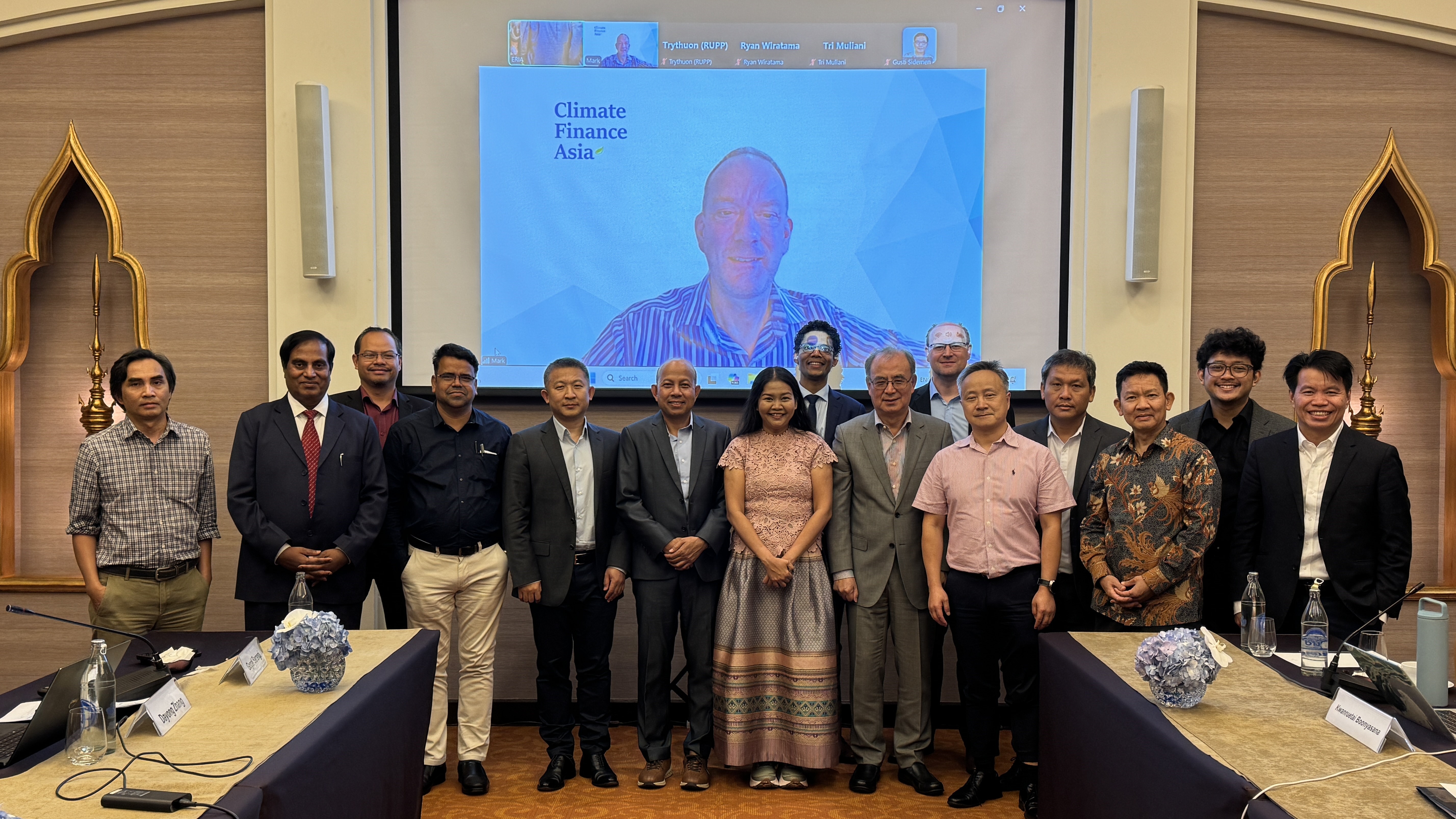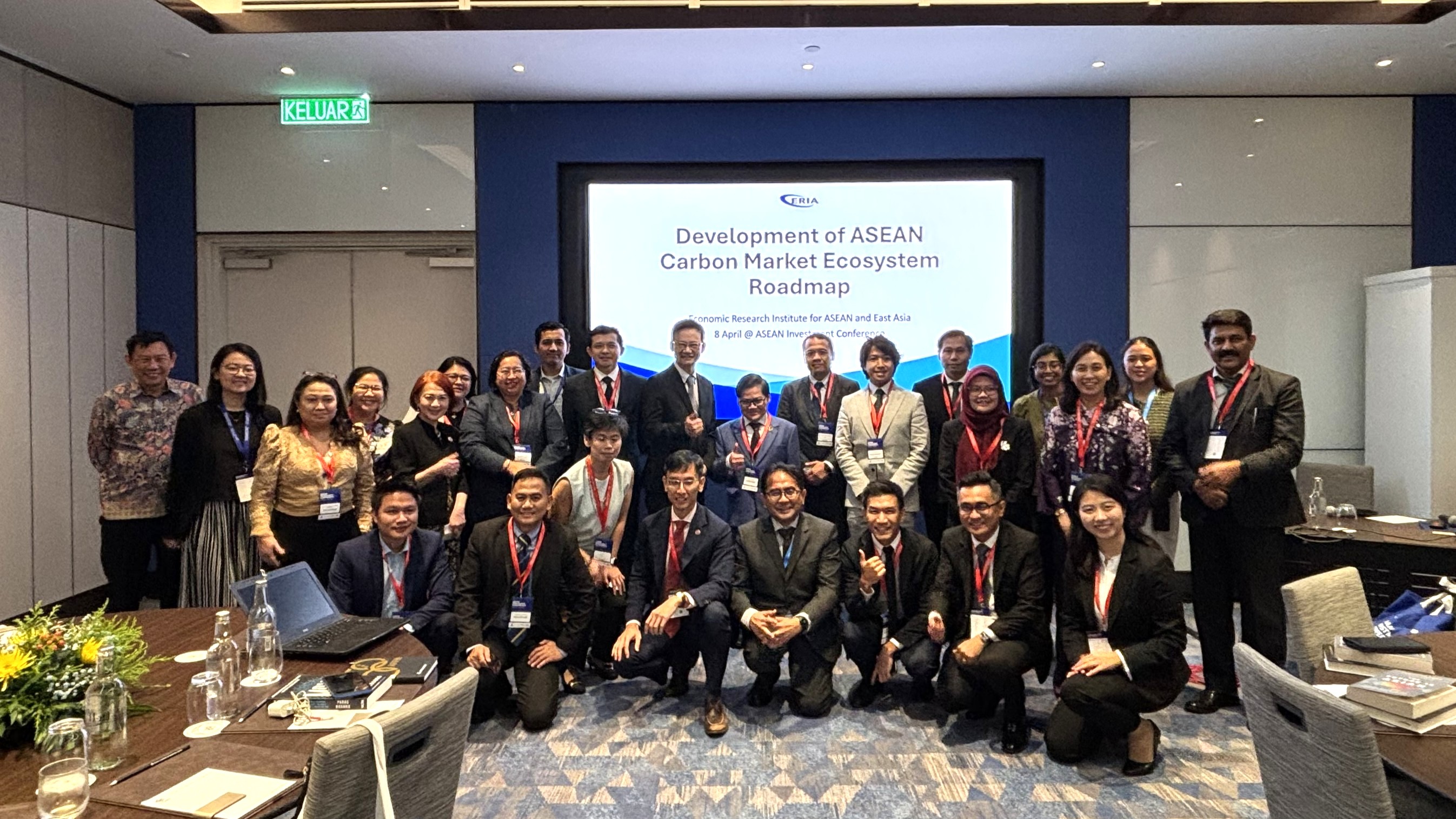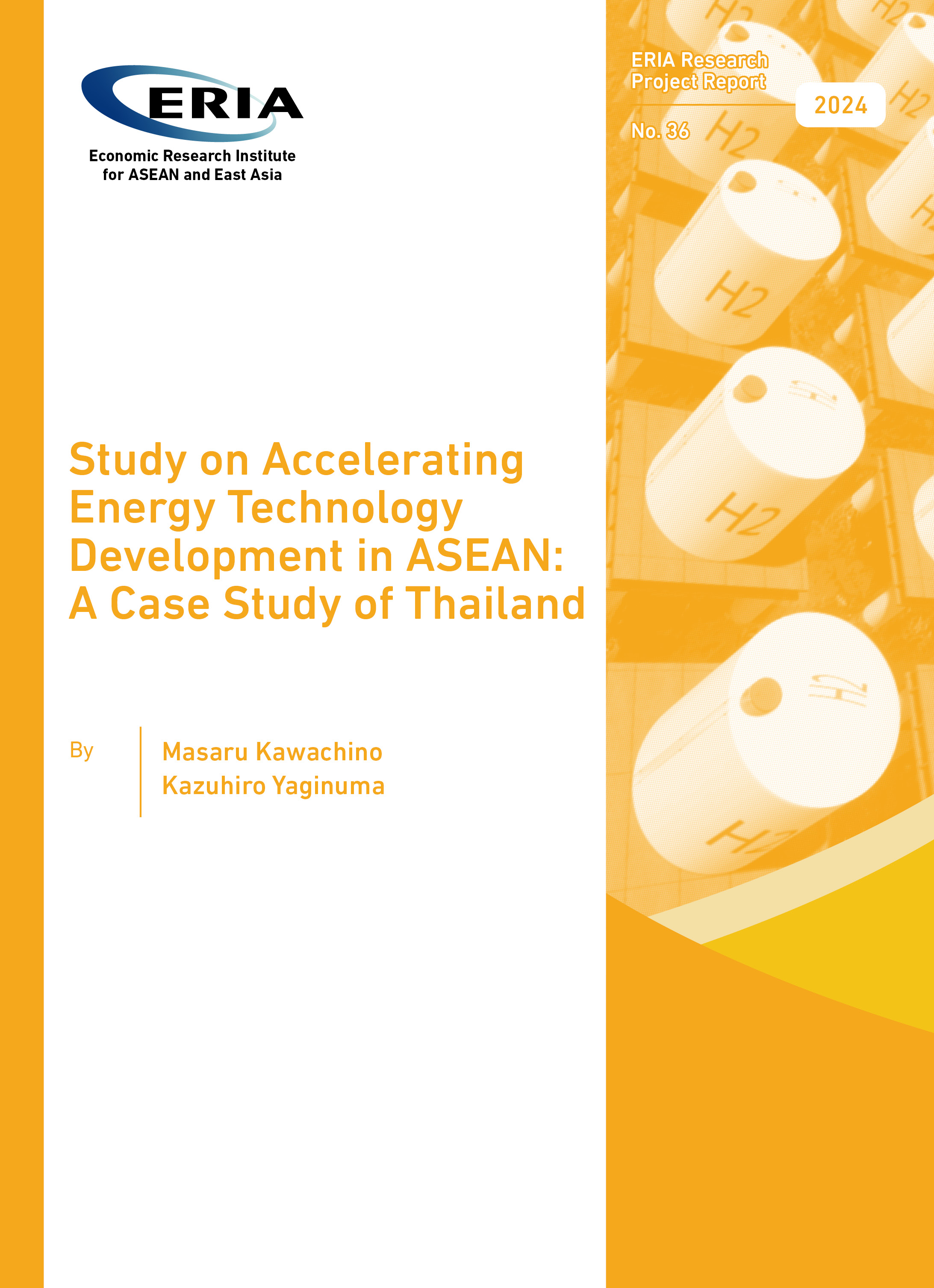Bridging Disparities to Bolster Digital Transformation in ASEAN
Date:
4 October 2023Category:
OpinionsTopics:
-Share Article:
Print Article:
By Ms Livia Feliciani Nazara, Research Associate, and Ms Ivana Markus, Research Associate: ASEAN has been actively promoting its ongoing efforts as the region advances its gleaming vision of a digitally integrated regional economy. Noteworthy progress has been made, and ongoing initiatives seem to be up to par. However, the faster digital transformation occurs, the wider the digital divide becomes. Disparities in digital adoption have emerged among ASEAN Member States (AMS), marked by some countries having sufficient digital capabilities, access, and infrastructure; while others face constraints in accessing these digital technologies and are not as lucky.
To ensure a seamless transition to digitalization, ASEAN must pay greater attention toward its human capital. This means focusing on the quality rather than looking only at the quantity of the ASEAN population. The region has a population of more than 670 million people, with a significant portion being online internet users at almost 70% in 2022. Although the number of online users in ASEAN, quantitatively speaking, is substantial, the resulting productivity gains have not been in proportion. Many people still primarily use the internet for one-way consumption of social media, gaming, and communication purposes. They have yet to grasp how technology can play a significant role in productivity gains and creation.
This piece will delve into three fundamental digital disparities in ASEAN which potentially hinder its digital transformation.
First, digital access. Access to digital technologies in ASEAN exhibits significant disparities, marked by the varying degrees of digital take-up within the region. Some countries have experienced rapid growth due to digitalization, while others still have difficulties in accessing these digital technologies. Digital disparities become apparent when examining the differences between rural and urban areas. The cause for concern in this situation centers on how developed areas will continue to progress rapidly, while rural areas remain stagnant in their status quo, exacerbating the divide between the haves and have-nots.
With an emphasis on equitable access and development, investing in both physical and digital infrastructure is the key approach. Adequate infrastructure is a key step in ensuring development gaps are narrowed and digital technology can be accessible to all. Obtaining digital access serves as a fundamental prerequisite to harnessing the untapped potential of digital technologies across ASEAN.
Second, digital literacy encompasses a person’s aptitude to use digital platforms for finding, consuming, evaluating, creating, and communicating digital materials. Just as access to digital technologies serves as a foundational first step, cultivating digital literacy is the second step in advancing the digital transformation. As the ASEAN region becomes increasingly digitalized, digital literacy levels should rise also.
Looking through a magnifying glass, the Digital Literacy in Education Systems Across ASEAN Report by UNICEF found that while most young individuals in ASEAN possess moderate levels of digital literacy, there are significant disparities between individual countries. In addition, over half of young individuals aged 10-24, specifically 61%, were not being taught digital skills as part of their school curriculum. It is imperative for countries in ASEAN to further bolster digital literacy through initiatives such as the ASEAN Digital Literacy Program (DLP) to equip individuals with the necessary skills to navigate the digitalized ASEAN environment.
Lastly, one of the pivotal factors of the digital transformation process is the capability and ability to utilize technology. ASEAN, both within and across member states, faces a skills disparity between individuals who have digital expertise and those who do not. According to the ASEAN Digital Integration Index, of the six digital integration pillars – digital trade and logistics, data protection and cybersecurity, digital payments and identities, digital skills and talent, innovation and entrepreneurship, and institutional and infrastructural readiness – the fourth pillar of digital skills and talent scored lowest, signifying the urgent need to endorse efforts to promote digital skills levels in the region.
Moving toward ASEAN’s digital transformation era, the life of young people in education, personal, and work life has widely changed, particularly post-COVID-19. While digital technologies keep reshaping ASEAN’s societies and industries, in the fundamental stage, schools continue to struggle to incorporate comprehensive digital literacy to equip students with better digital skills. The deficiency of digital literacy and skills could hinder students and societies from acquiring essential digital skills which are vital in the digital age.
Digital skills can yield significant benefits such as access to job opportunities, increased income, and improved social outcomes. Digitally skilled workers play an immense role in the successful digital transformation of ASEAN. As this factor grows increasingly important, it is imperative the much-anticipated negotiations of the ASEAN Digital Economy Framework (DEFA) incorporate initiatives to nurture a digitally skilled ASEAN population.
Investment in increasing digital capabilities ensures ASEAN people can fully navigate their way through the digitalized community.
This opinion piece was written by ERIA's Research Associate, Ms Livia Feliciani Nazara, and ERIA's Research Associate, Ms Ivana Markus. It has been published in The Manila Times, GMA News, Bangkok Post, The Jakarta Post, and The Voice of Vietnam. Click here to subscribe to the monthly newsletter.
Disclaimer: The views expressed are purely those of the authors and may not in any circumstances be regarded as stating an official position of the Economic Research Institute for ASEAN and East Asia.








